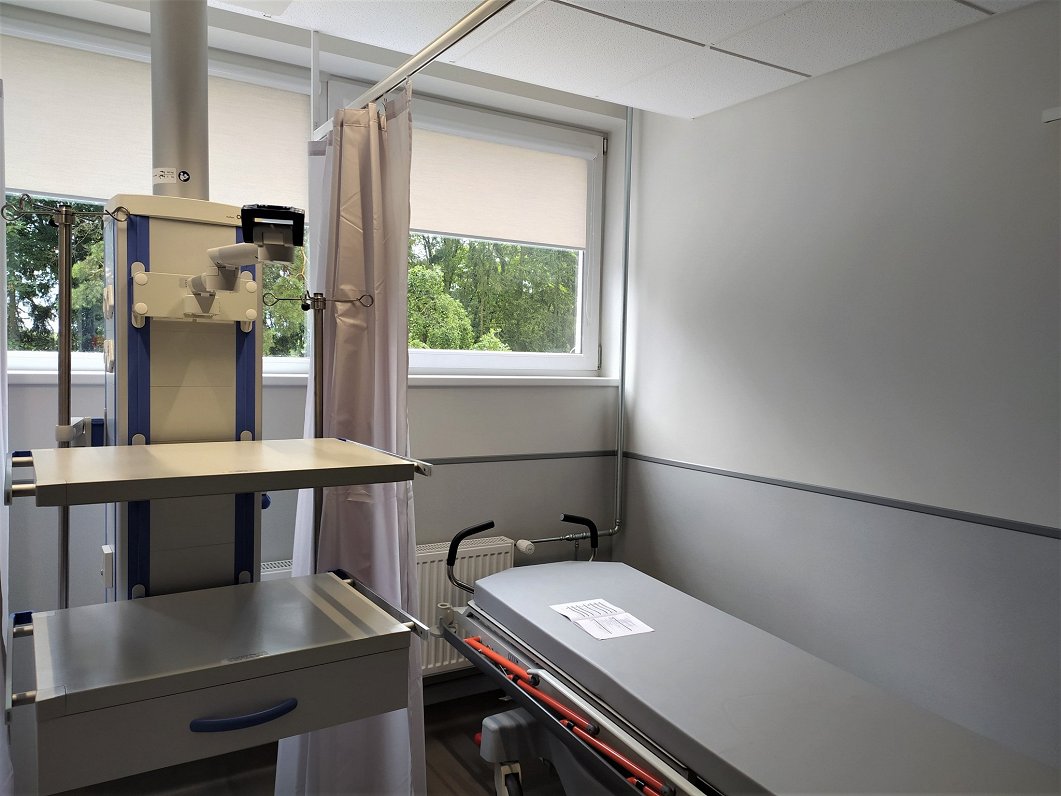The assessment was conducted under supervision by Ministry of Health from September last year to January this year.
The purpose of the evaluation of hospitals is to optimize the work of all 26 hospitals subject to level system by distributing their responsibilities among hospitals.
There is currently a five-level hospital system in Latvia. The highest level is the fifth – it includes university hospitals in Riga, which are able to provide complex medical services, as well as specialized medical institutions.
Experts have pointed out that for years, hospitals have concealed their real capacity to provide certain health services. Discussions on hospital level-system reform have been ongoing for a while.
On Wednesday, August 5, the Ministry and the Inspection presented the final conclusions of the hospital level revision project.
Most of the conclusions relate to quality. For example, it has been concluded that doctors have long 24-hour shifts and home calls resulting in overload. Doctors combine many workplaces. The record – 13. It is difficult to create teams of professionals when doctors work in a number of workplaces.
The assessment also looked at the frequency of various medical manipulations. For example, many regional hospitals have low annual rates of birth, which means that there is a risk that professionals cannot provide sufficient quality.
The checks revealed that resident supervision is formal. The supervising doctor is often absent and a resident works alone.
The inspection has concluded that hospitals are not motivated to provide less-paid services even though there is demand, such as rehabilitation and palliative care.
The Health Inspection recommends, firstly, that higher-level university hospitals be relieved from jobs that can be carried out by lower-level hospitals. Nor should university and regional hospitals coordinate the transfer of a patient to lower-level hospitals. Thirdly, care and rehabilitation services should be directed more towards lower-level hospitals. Surgical and maternity assistance activities should also be assessed at each hospital on the basis of the possibility and availability of personal resources. The Inspection also recommends the development of ambulatory services in second-level hospitals, while the basic services of third-level hospitals should be complemented with all kinds of care and rehabilitation services and the development of daily hospital services.





























